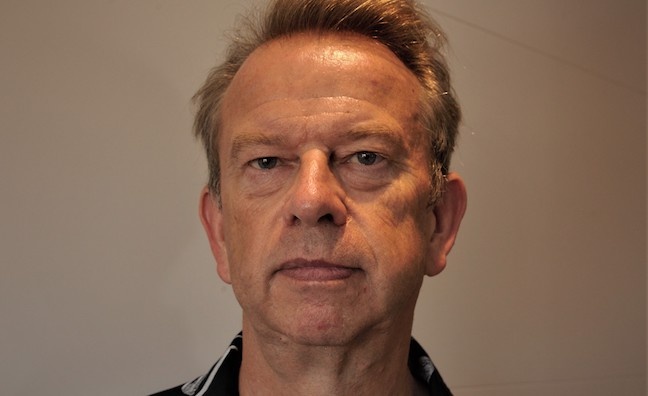The 2021/22 MVT annual survey results are in. And they make unpleasant reading.
Despite the vainglorious Brexit battle cry that we’d “had enough of experts”, the truth is that good government relies on evidence from solid sources, well researched and properly analysed. When we started Music Venue Trust in 2014, this was a truism. At that time, little if any information about the people who work in the sector – where they work, what they do, what that work achieves – was available.
The group of people who had come together to create our charity knew all too well that the grassroots music venue sector had been in crisis for a significant period of time. But their evidence, aside from the closure of venues, was entirely anecdotal. Venues were closing, everyone knew that. But why were they closing? What did that actually mean? Who would suffer as a result? No one had mapped that in a meaningful way.
In March 2015, MVT published the Understanding Small Music Venues report in collaboration with the Institute of Contemporary Music Performance. It was the first of its kind in the UK, specifically focused on the work of small and independent music venues. There were many positive outcomes from its launch in Parliament, not least of which was the creation of the term ‘grassroots music venue’.
People often ask me what that term means and why it exists. Partly it was to differentiate the work that takes place in these buildings from the commercial wing of the music industry. Grassroots music venues are community led, organic, ground up and almost exclusively not-for-profit. Ultimately, those activities lead to the creation of the intellectual property on which 95% of our entire industry is based.
The term also had a simpler purpose: we couldn’t imagine a government minister standing up in Parliament and saying, “We must act on the toilet circuit of music venues”, any more than a US Congressman might say, “What about dive bars?” or an Australian MP might declare themself a supporter of “sticky carpet venues”.
In the pandemic, the words grassroots music venue were said more than 200 times in Parliament in the context of the need for support. Eventually, that support did arrive and the venues didn’t close. The recovery, however, presents new threats.
Without risk-taking, support for emerging talent will simply evaporate
Mark Davyd
First, the good news: there are 950 grassroots music venues operating in the UK today. That number stands up against January 2020 – the overall number of venues is currently stable. This means the total capacity on any one night is around 300,000, and the number of potential opportunities for musicians to play has also held up. The total turnover is stable – over the last year, the total gross turnover of the sector was just short of £500m, broadly in line with 2019, plus inflation.
There’s also some good news about ticket prices, which after two decades of lagging behind finally took a big step forward, rising from £8.80 in 2019/20 to £10.90. This is a substantial increase which, based on the distribution of income, is likely to mean that at least headline touring musicians playing at these venues can expect increased fees. That increase in ticket price, however, also points the way to the bad news.
The number of live music shows being presented by these venues is down. It’s not just down a little bit, it’s down a whopping 24%, from 230,000 shows in 2019 to just 175,000 shows in 2020/21. The period does not cover any closed or restricted trading: the number of events per week per venue went from 4.2 to 3.2. That’s one whole show per week less, 52 shows a year per venue. Nearly 55,000 fewer shows in 2020/21 than took place in 2019.
Alongside the ticket price statistic, this points clearly to a worrying trend: faced by an almost constant set of economic and societal threats, grassroots music venues have simply had to stop taking risks with their programming.
Without risk-taking, support for emerging talent will simply evaporate. We are going to need an industry-wide effort to get risk-taking back into these venues as a permanent feature of their work. Let’s start with a direct plea to government and funding agencies.
Grassroots music venues need a ring-fenced fund which supports risk-taking programming. Arts Council England’s £1.5m The Supporting Grassroots Live Music fund has distributed millions of pounds to venues and promoters. But ACE plans to cancel that fund in April 2023. They must reverse that decision, double down on the fund and give the grassroots sector the financial security it so desperately needs.












